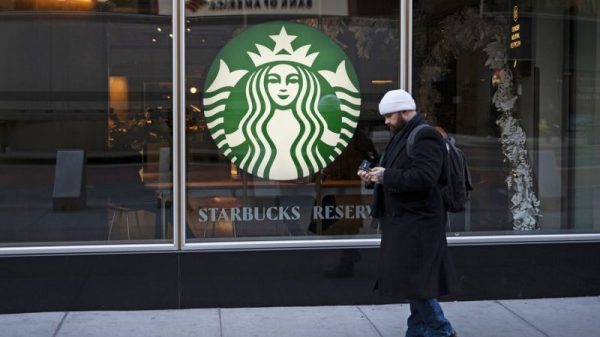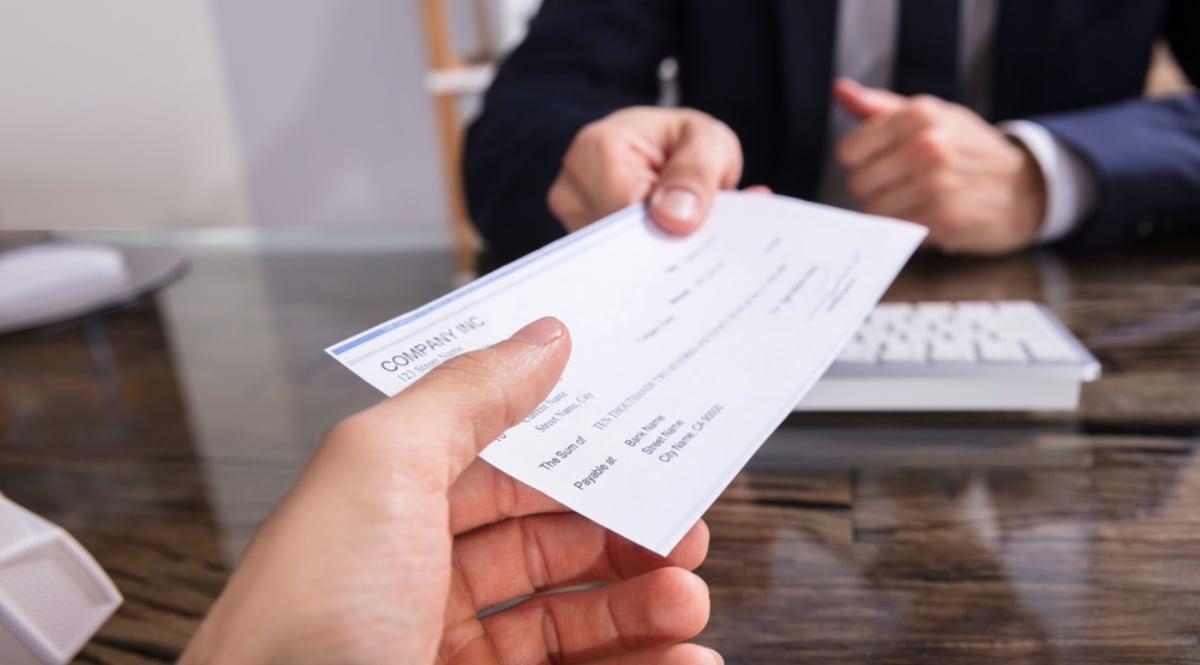What Do Outstanding Checks Mean?
Key Takeaways
An outstanding check is a check that the issuer has written and recorded in their account but the recipient has not yet cashed or deposited.
Bouncing a check can lead to bank fees, legal penalties, and damage to your credit score.
If a check remains outstanding for too long, it may become stale-dated, meaning the bank may not honor it, typically after six months.
Outstanding checks are deducted from the bank balance during reconciliation to reflect the true amount of available funds in your account.
Outstanding check definition
So, let’s discuss all the details. An outstanding check refers to a check that someone has written and issued from their checking account, ensuring there are sufficient funds to cover it, but the recipient has not yet cashed or deposited the check into their bank account.
Over time, if the recipient fails to cash the check or deposit the check, it may become a stale check.
Stale checks are those that have not been cashed within a certain period, typically six months, after which banks may not honor them without a stop payment order or reissuance.
What do you do with outstanding checks?To manage outstanding checks, the issuer needs to monitor their bank accounts regularly to ensure that all checks are accounted for and that there are always sufficient funds available to cover checks when they are eventually cashed.
If a check remains outstanding for too long, the issuer might choose to stop payment on the check to prevent it from being cashed after becoming stale, thereby protecting the funds in their checking account.
The process involves communicating with the bank to officially stop payment on the outstanding check and possibly issuing a new check if necessary.
What causes outstanding checks?
There might be a few different reasons why you might have a check that is outstanding:
The payee simply has not yet deposited the check for personal reasons.
The payee might forget or even lose the check received from you.
Sometimes, checks do not reach the payee and get lost in the mail or returned if the address is incorrect.
The risks and benefits
Outstanding checks are not always a problem, but they can pose risks. If someone writes a check and spends money before the check is cashed, they might overdraft their account.
There’s also a risk of fraud if a check is lost or stolen before it’s deposited, as someone could alter the payee name or amount.
Furthermore, This checks can cause accounting issues, making it hard to keep accurate financial records and could complicate audits or financial reconciliations.
They can also make cash flow management difficult because it’s unclear how much money is truly available if many checks haven’t been cashed.
However, there are benefits to outstanding checks. They allow payments without needing instant cash and provide a way to track payments, offering a paper trail of transactions.
They can also delay payments, which might help in managing cash flow better by keeping funds in the account longer to earn more interest.
Outstanding Business Checks
When a business issues a check, it records the amount in its general ledger, but if the check isn’t cashed, the bank balance appears higher than the ledger shows.
To keep financial statements accurate, businesses need to adjust their bank statement balance.
Businesses must also follow unclaimed property laws, meaning uncashed checks eventually need to be handed over to the state.
It’s crucial for businesses to promptly communicate with payees about issued checks, especially considering potential postal delays.
Ensuring payees have correct contact information is vital to avoid checks going missing. Keeping a detailed record of all communications related to outstanding checks is important for resolving any issues with uncashed checks, including reconciling payments with invoice statements to catch any lost or incorrectly applied checks.
How to Avoid Using Outstanding Checks?
Keep close track of issued checks.
Confirm receipt with payees.
Use electronic payments when possible.
How Do I Reconcile Outstanding Checks with My Bank Statement?
List all issued checks not shown as cleared on your bank statement.
Subtract the total amount of outstanding checks from the ending balance on your bank statement to adjust your book balance.
Verify all transactions match between your records and the bank statement, adjusting for any discrepancies.
To clear a check, contact the payee to encourage cashing it, or if too much time has passed, stop payment and reissue a new check.
The post What Do Outstanding Checks Mean? appeared first on FinanceBrokerage.






































